As the year winds down and the holiday hustle begins, it’s easy to get caught up in the frenzy of end-of-year plans. But before you dive into the festivities, take a moment to check off a few essential financial tasks. From boosting your retirement strategy to giving back with tax-savvy charitable donations, there’s a lot you can do now to set yourself up for a stronger financial future. Here are five year-end financial to-dos that could make a big difference in your tax bill, your retirement, and your overall financial health.
Roth Conversion: Lower Your Lifetime Tax Bill
A Roth conversion allows you to move funds from traditional tax-deferred accounts like 401(k)s or IRAs into a Roth IRA, where they grow tax-free. This strategy can be particularly beneficial if you’re converting at a lower tax rate than you expect in the future. However, keep in mind that the amount you convert is taxed as ordinary income in the year of the conversion, and each conversion triggers its own five-year rule for accessing the funds without penalties.
The key is to time the conversion wisely, considering your current and future tax brackets, any expected increases in income, or the onset of Required Minimum Distributions (RMDs). Since Roth conversions can have complex implications, particularly if you’re making multiple conversions over time, it’s important to consult with a financial advisor to navigate the rules and avoid tax or Medicare surcharge surprises.
Review Your Required Minimum Distributions (RMDs)
If you’re 73 or older, you’re required to take annual distributions from tax-deferred retirement accounts such as traditional IRAs, 401(k)s, and other employer-sponsored plans. While RMDs can be a significant tax burden, there are ways to manage them effectively.
First, determine if your RMD exceeds your living expenses. If it does, consider reinvesting the excess in a non-qualified account or replenishing your emergency fund. Make sure to take RMDs from all applicable accounts, as missing an RMD can result in steep penalties. You can also review your tax withholding for accuracy to avoid surprises at tax time. For those with large portfolios, earmarking RMDs for tax withholding may help reduce your tax burden.
Maximize Qualified Charitable Distributions (QCDs)
If you’re over 70½, QCDs are an excellent way to reduce your taxable income while supporting causes you care about. A QCD lets you donate up to $100,000 per year directly from your IRA to a qualifying charity, with the donation not counted as taxable income. This can be particularly beneficial if you’re already required to take RMDs but don’t need the money for personal expenses.
The key benefit of a QCD is that it not only supports your chosen charity but also reduces your adjusted gross income (AGI), which could positively impact things like Social Security taxation and Medicare premiums. While QCDs can’t be directed to donor-advised funds (DAFs) or private foundations, they remain one of the most tax-efficient ways to give during retirement.
Consider Gifting Appreciated Securities
Donating appreciated securities, such as stocks, mutual funds, or ETFs, to charity is a powerful strategy that can have significant tax advantages. When you donate long-term appreciated assets directly to a qualified charity, you avoid paying capital gains tax on the appreciation. This means you can contribute the full market value of the asset while reducing your taxable income if you itemize your deductions.
For example, if you’ve held stocks that have appreciated significantly, donating them to charity allows you to avoid paying taxes on the gains, while also making a meaningful contribution. This strategy can also be an excellent way to align your charitable giving with your broader financial planning goals, reducing your tax liability while supporting the causes that matter most to you.
Double Up Giving for Bigger Tax Benefits
If your itemized deductions are close to the standard deduction each year, double-up giving can be a smart way to maximize your tax benefits. This strategy involves combining multiple years’ worth of charitable contributions into one year so that you can exceed the standard deduction and itemize your deductions for greater savings.
For example, imagine a taxpayer who typically itemizes around $29,000 each year, which includes mortgage interest, real estate taxes, and charitable donations. With a standard deduction of $29,200, there is no extra benefit to itemizing. However, by choosing to double their charitable donations in one year and skip them the next, they can come out ahead. In the first year, the taxpayer foregoes charitable giving, which lowers their itemized deductions to $23,000. Since this amount is below the standard deduction, they opt to take the standard deduction of $29,200. In the following year, they double their charitable contributions, raising their total itemized deductions to $34,700—exceeding the $30,000 standard deduction by $4,700.
This approach results in significant tax savings. For someone in the 22% tax bracket, the additional $4,700 in deductions leads to a tax savings of approximately $1,034. By timing charitable donations strategically, you can ensure your itemized deductions surpass the standard deduction in certain years, maximizing your tax benefits. Using a donor-advised fund (DAF) can make this process even more effective by allowing you to contribute a larger sum in one year while distributing grants to charities over time, aligning with your financial and philanthropic goals.
Final Thoughts
The proactive financial steps you take now can help you close out 2024 on a positive note and set the stage for success in the year ahead. As always, working with a financial advisor can help to ensure you approach these strategies with confidence. At Grunden Financial Advisory, Inc., we’re dedicated to helping you reach your financial goals while staying true to the values that make our firm unique. Reach out to us today and discover how our commitment to your success can make a difference.





